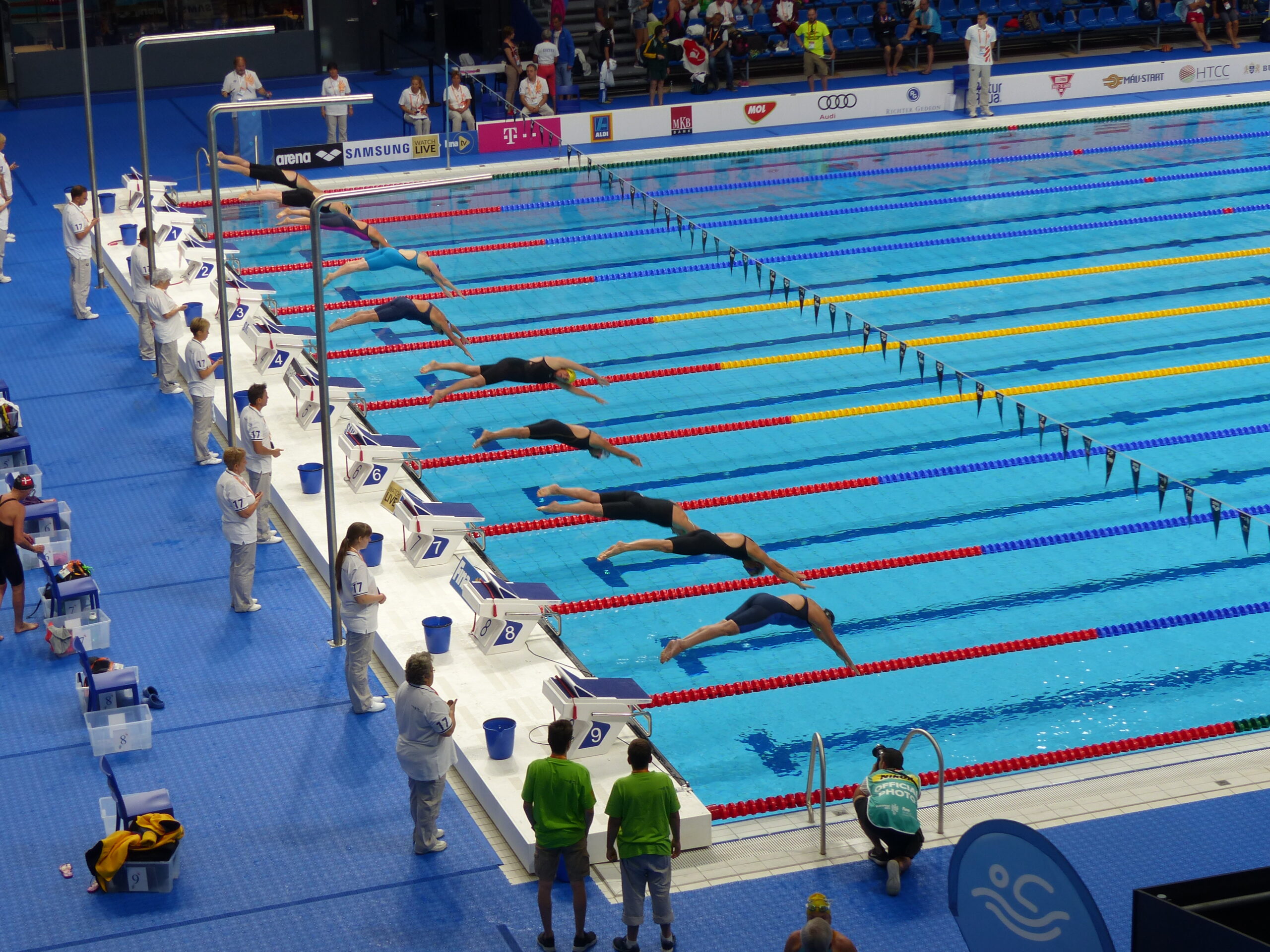While transgender college athlete Lia Thomas is doing vanity interviews about their reasons for swimming, the doctors at the Mayo Clinic have confirmed what many already knew; the trans athlete has an unfair advantage over the biologically female competition, even after taking testosterone suppressants.
In an interview with The New York Times on Monday, a Mayo Clinic doctor and an international physiologist who consults on the sports both confirmed Thomas’s advantage is inescapable. “You see the divergence immediately as the testosterone surges into the boys. There are dramatic differences in performances.”
‘There are social aspects to sport, but physiology and biology underpin it. Testosterone is the 800-pound gorilla,’ Michael J. Joyner, the Mayo Clinic doctor, said.
Even though Thomas took testosterone suppressants – which are required by the N.C.A.A. – she still has an unfair advantage over the biological females she swims against.
‘Lia Thomas is the manifestation of the scientific evidence. The reduction in testosterone did not remove her biological advantage,’ Dr. Ross Tucker, a sports physiologist added.
Their comments confirm the fears of Lia’s competitors, who were literally blown out of the water after she started transitioning from male to female when she was 19. Earlier this year, she made headlines by winning the NCAA championships in the 500-yard freestyle title, beating the second place finisher by more than a second-and-a-half. Virginia Tech D1 swimmer Reka Gyorgy penned a letter criticizing the NCAA for allowing transgender swimmer Lia Thomas compete in the women’s division at the NCAA championships, a decision she feels took the spot away from her. (RELATED: Virginia Tech Athlete Claims Her NCAA Finals Spot Was Stolen by Lia Thomas)
Thomas’s position in women’s sports has also been called into question by other trans athletes. Trans tennis player Renee Richards transitioned from female to male in her 40s. She said in an interview in 2012 that she had changed her position to acknowledge that male biology gives trans female athletes an advantage.
‘Having lived for the past 30 years, I know if I’d had surgery at the age of 22, and then at 24 went on the tour, no genetic woman in the world would have been able to come close to me. And so I’ve reconsidered my opinion.
‘There is one thing that a transsexual woman unfortunately cannot expect to be allowed to do, and that is to play professional sports in her chosen field. She can get married, live as woman, do all of those other things, and no one should ever be allowed to take them away from her.
‘But this limitation—that’s just life. I know because I lived it,’ she told Slate in 2012, years before Lia transitioned.





